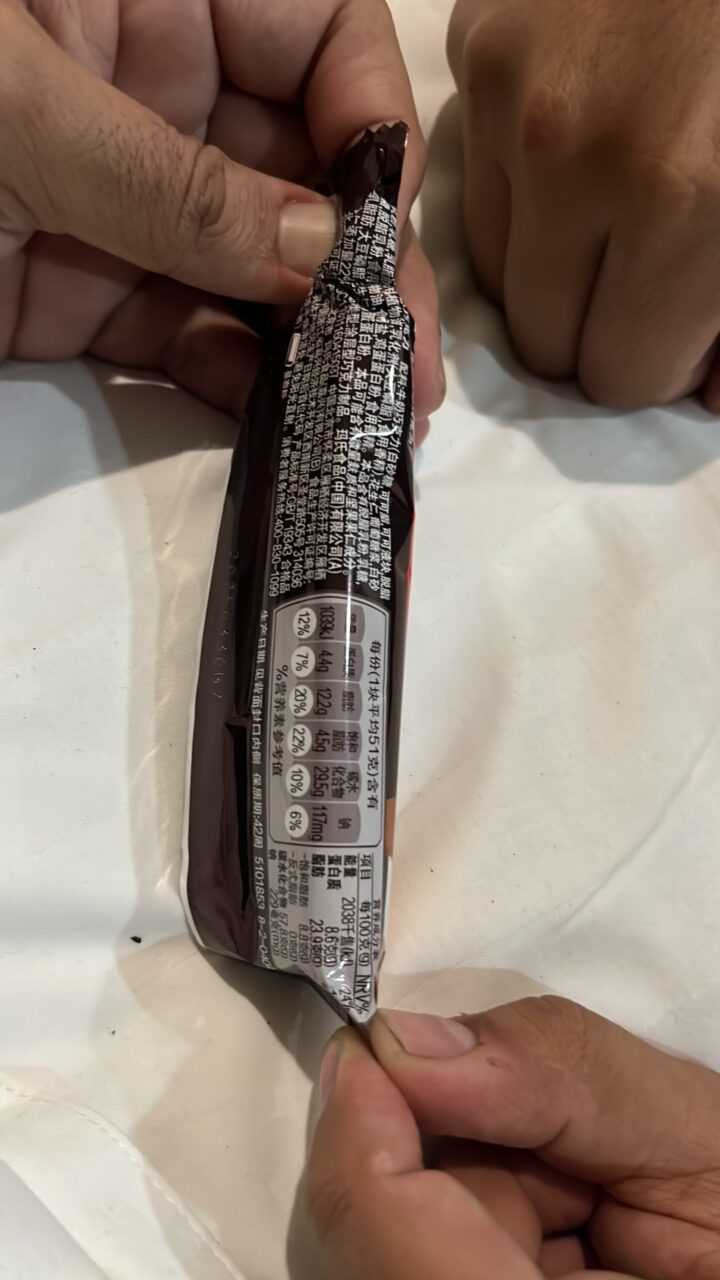
Barcode: 6914973603394
unknown
HALAL
📝 Reason: The product is considered Halal as it does not contain any Haram ingredients as per the provided lists. Ingredients marked as Doubtful require further verification to confirm their Halal status. Islamic dietary laws emphasize the consumption of Halal and Tayyib (pure) food, as mentioned in the Quran (2:168).
📄 Certificates: None
Ingredients:
Details
Understanding the Halal Status of Unknown Product
The Unknown product is considered Halal as it does not contain any Haram ingredients according to the provided lists. In Islam, Halal denotes what is permissible to consume, while Haram refers to prohibited items. The guidelines emphasize consuming only Halal and Tayyib (pure) food, as stated in the Quran (2:168).
Ingredients Breakdown
Let’s examine the ingredients listed in the Unknown product and their Halal status:
- Sugar: Generally considered Halal as it is plant-derived.
- Cocoa: Completely plant-derived, thus generally Halal.
- Cocoa mass: Derived from cocoa beans, making it generally Halal.
- Emulsifier: This ingredient’s source is not specified, which means it could be of plant or animal origin; further verification is necessary.
- Milk: Typically recognized as Halal unless contaminated with Haram substances.
- Glucose: Plant-derived and generally Halal.
- Peanut: Also a plant-derived ingredient, thus generally Halal.
- Dextrose: Plant-derived ingredients that are regarded as generally Halal.
- Skimmed milk powder: Derived from milk and typically Halal unless tainted with Haram substances.
- Whey protein: Another ingredient derived from milk, recognized as Halal unless contaminated.
- Soybean lecithin: A plant-derived ingredient and generally Halal.
- Flavoring: It’s vital to note that this ingredient is unspecified and could possibly include alcohol or animal-derived components—further verification is recommended.
Halal Certification and Considerations
This product does not have any Halal certification, which may raise questions among certain consumers. While the ingredients appear to fit the Halal criteria, the lack of certification means one should exercise caution and possibly seek further confirmation, especially regarding the emulsifier and flavoring components.
The Importance of Halal Consumption
Understanding Halal principles is essential for individuals observing Islamic dietary laws. Halal certification assures consumers that the product meets specific guidelines aligned with Islamic teachings. Labels may offer additional insight into the manufacturing process and any potential cross-contamination risks.
Understanding E-Numbers and Additives
Some consumers may wonder about the presence of E-numbers in food products. E-numbers denote a range of food additives; however, not all are Halal. It is crucial to look for specific E-numbers to verify their origin and status carefully. In this case, while the Unknown product contains various ingredients identified above, only the emulsifier and flavoring require additional verification.
Conclusion
In summary, while the Unknown product’s primary ingredients are generally recognized as Halal, consumers should exercise caution, especially with the emulsifier and flavoring. For those seeking transparency and peace of mind regarding their dietary choices, checking for verified Halal certifications is always recommended. Always consult specific Halal certification authorities or conduct further research when in doubt. This way, you ensure that your consumption aligns with your beliefs and dietary requirements.

